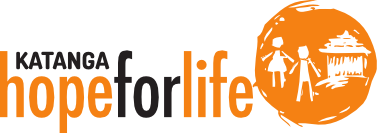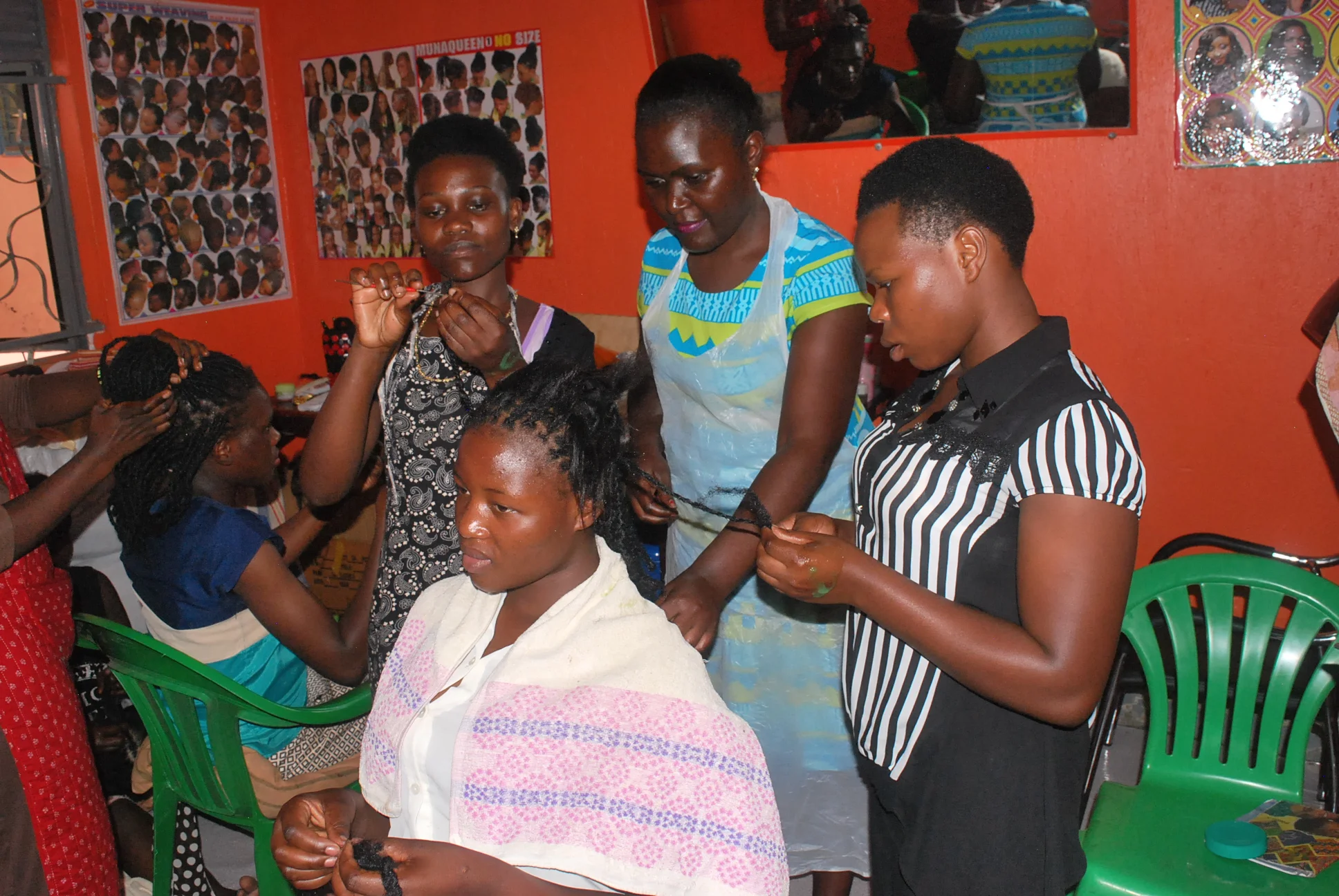Interview with Hope For Life’s Country Director, Francis Nkurunziza
Our Country Director, Francis Nkurunziza, talks about what makes HFL different from other charities, how we came to work in the slum of Katanga and what we do there and so much more.
Francis Nkurunziza
1. There are a number of charity organisations in Uganda. What is unique about your work?
We do a number of things differently.
First, we work with the family as a whole. Before sponsoring a child, we gather information about that child’s family to ensure that sponsoring this child won’t make them a black sheep in the family. We believe that child sponsorship should not pull the child away from the family. If a child has siblings with similar needs, we see how best to empower them all. At the same time, through our livelihood program, we work with the parents so they can be financially self-sustaining.
Secondly, our sponsors do not write letters to the children they sponsor. Instead, sponsors receive updates about a child and their family. We chose this approach because as a formerly sponsored child I know how much stigma those letters can create among the sponsored children as some receive letters while others do not. It’s heart-warming when a child receives a letter from their sponsor but we know that not all sponsors are able to write letters to their children.
Third, we have a gifts’ pool where all gifts sent to our children are placed and shared among the children equally when we have enough for all of them or at the end of the year. This, just like my pervious point, is to avoid creating different classes among the children.
Lastly, all the money donated to HLF is spent in Uganda. Volunteers in the UK help to keep administrative costs low. The small UK admin cost is covered by private donors.
2. When did Hope for Life Katanga start?
We started work as an organisation in 2011.
3. Why did you choose to work in the slum of Katanga?
HFL started with a visit to Uganda by two of our founders—Mark and Megan Walters.
Francis with some of the sponsored children who attended at the 2018 Easter Party
When they arrived in Uganda, they expressed interest in volunteering with one of the charities in Kampala. At the time, I was in charge of driving Mark and Megan around town. So I told them that there was an opportunity to volunteer with two of my friends—Moses and Joshua—who were already working with the children in Katanga, providing them with free catch-up classes. Megan and Mark liked the idea and were recruited to teach basic English to the children who came to the tent where the catch-up classes were conducted.
When time for Megan and Mark to leave came, we, together, decided to buy a building that would be used as classrooms and pay for two teachers to continue where Megan and Mark had left off. The majority of this money came from friends, family and their local church, who had given money to support families living in poverty.
We haven’t left Katanga since then.
4. What exactly do you do in Katanga?
We have a number of interventions through which we are working to better the lives of the people in Katanga. These fall in three broad categories: Education, Livelihoods and Health.
Under education: With the help of our sponsors, we make a contribution to the school fees of the children under our care. Without this contribution, the parents of these children would not be able to send these children to school. We insist on only making a contribution because we do not want to “own” the children. We only support the parents to play their role in the lives of their children.
Hairdressing is one of the technical skills taught to the girls in Katanga under the Girl Care Program
Under Livelihoods: We equip the parents of the children we sponsor with livelihood skills that can enable them earn a decent living. These skills include: tailoring, hairdressing, catering, etc.
Girl Care is also a program under Livelihoods that targets girls who have dropped out of school after their senior four. In six months we equip the girls with skills in numeracy, literacy, home management and also a number of life skills to boost their esteem and help them have a positive view of life despite any challenges they face in life. This year, one of the girls under this program graduated with a certificate in hairdressing and cosmetics from one of the leading technical institutions in Uganda—YMCA. We have five more girls still on the program and we’ll be sponsoring them for vocational training in August.
Under Health: We provide first aid and deworming at the HFL Centre in Katanga. We also have a trained nurse who comes to the Centre once a week and provides professional medical services. Currently we extend this service only to the parents of our sponsored children and their children due to limited resources.
5. Any future plans as an organisation?
Our work as an organisation has been focussed on the slum of Katanga but we now working to extend our reach to communities outside of Katanga slum. We want to be able to continue impacting communities even when Katanga slum is no more. We have discussed and planned how we would continue to provide valuable support to those families that would be displaced in the event that their community is demolished.
As a result, the name of the organisation will also change from Hope for Life Katanga to Hope for Life.
6. How can one get involved with HFL?
We welcome individuals willing to volunteer with us—to teach the children, the girls or work with the parents.
We also welcome people who would like to study our model of intervention.
Of course, we welcome sponsorship or donations—in case or in kind—from individuals or organisations. With just £20 a month, we are able to send and keep one child in school. And under the Girls Care Program, £350 a year is enough to have us send one girl for professional studies in a vocation of their choice.
We are grateful for the support and generous donations we have received over the years. We continue to pledge our faithfulness in using whatever we receive only to better the lives of those we work with.



